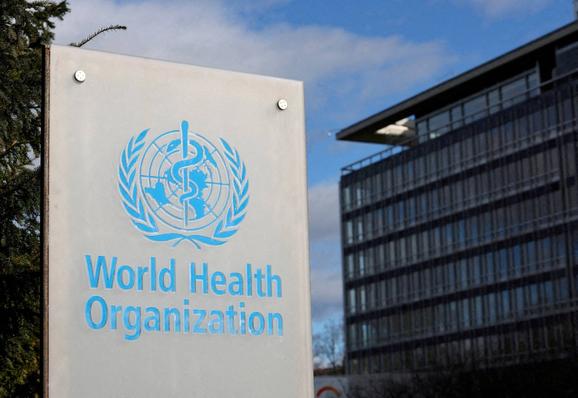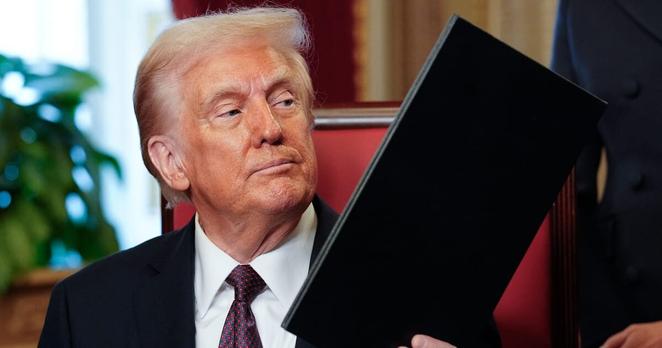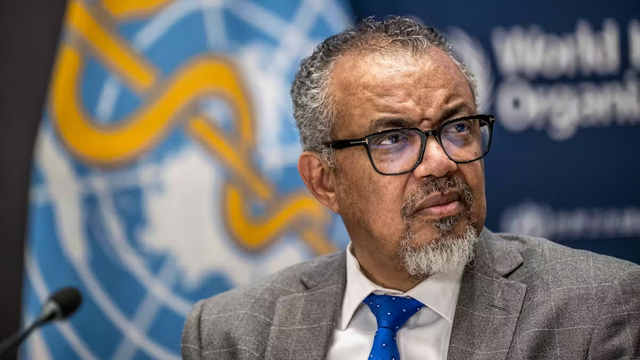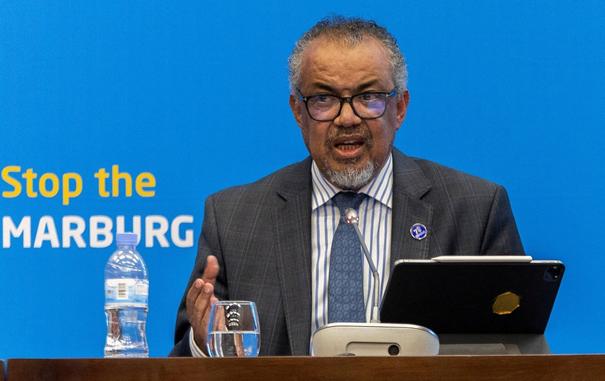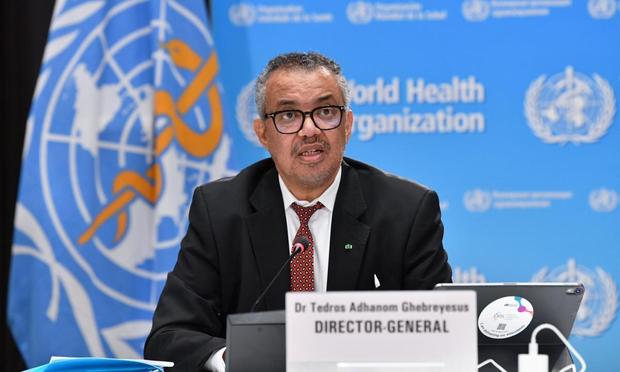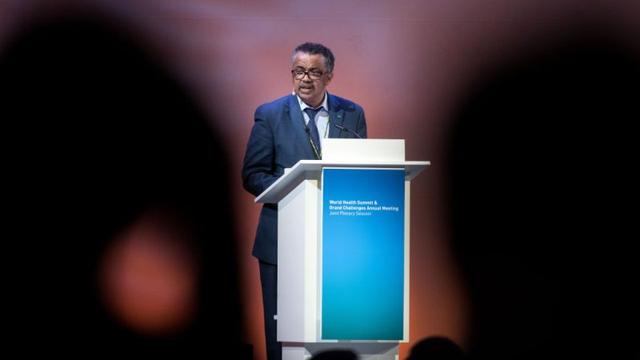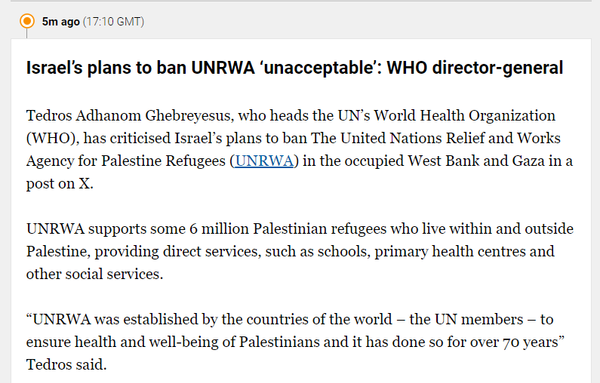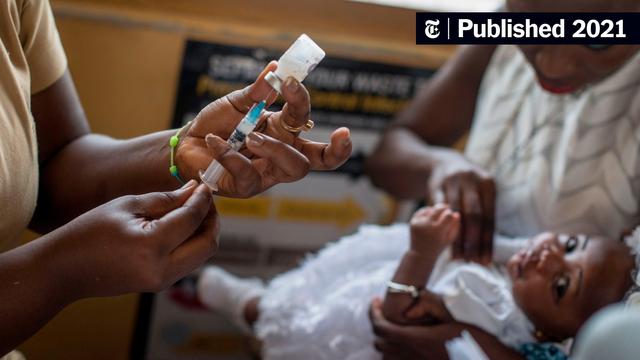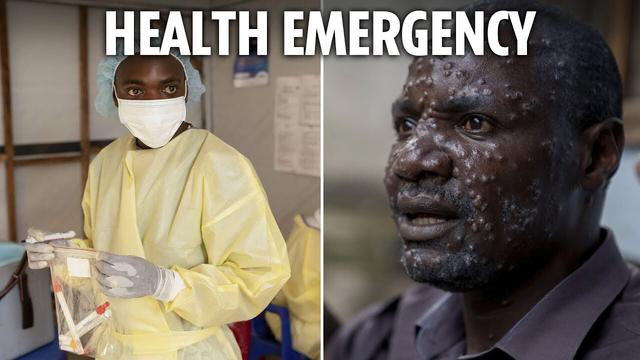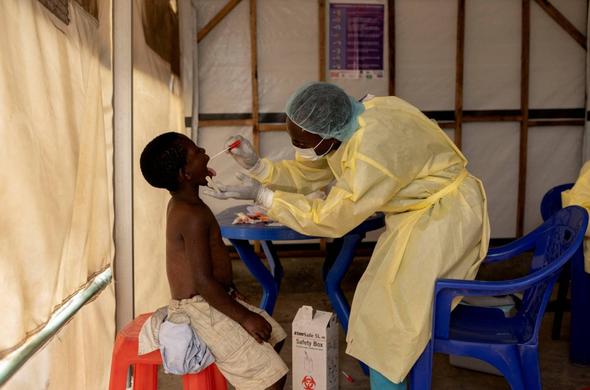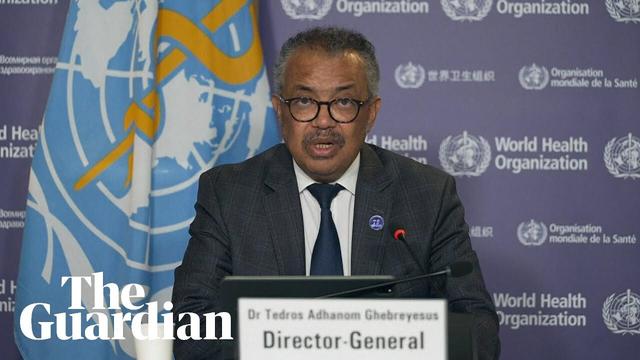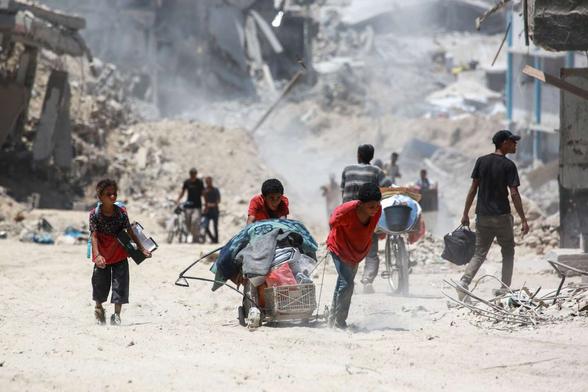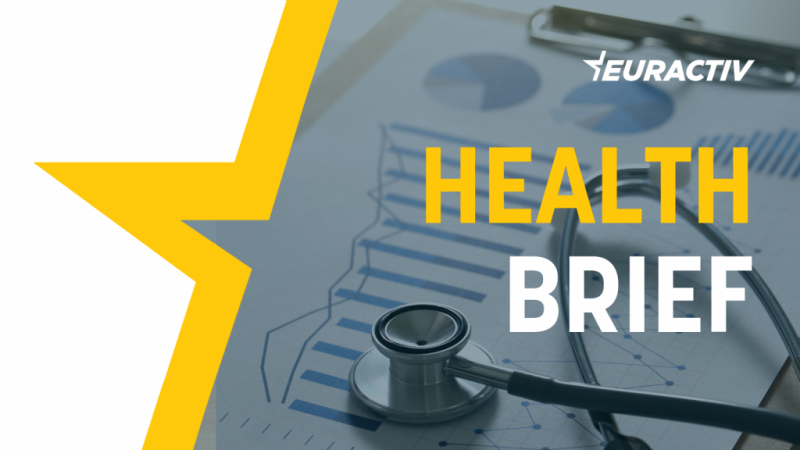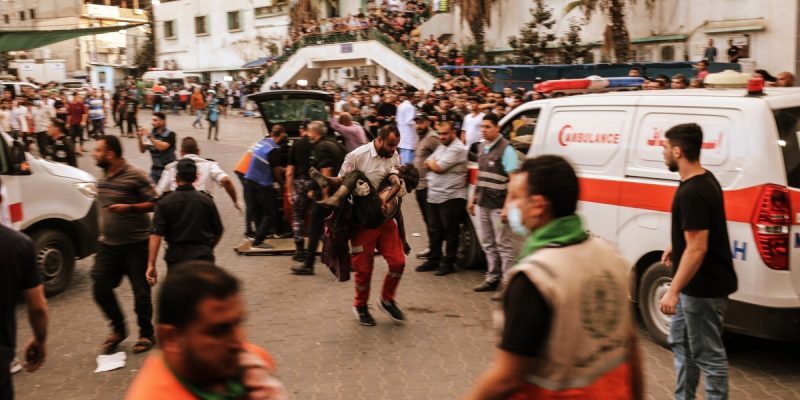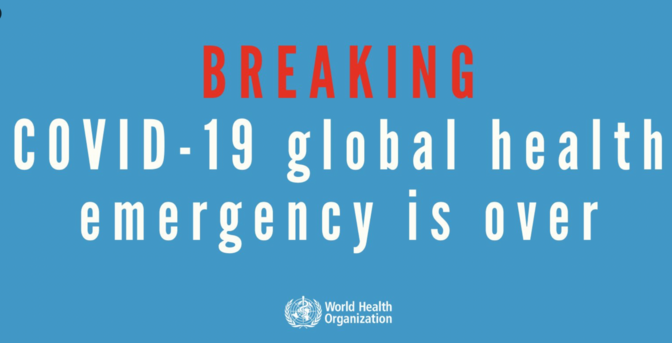The WHO Director General’s report to the 154th session of the Executive Board on progress towards the Immunization Agenda 2030 (IA2030) goals paints a “sobering picture” of uneven global recovery since COVID-19.
As of 2022, 3 out of 7 main impact indicators remain “off-track”, including numbers of zero-dose children, future deaths averted through vaccination, and outbreak control targets.
Current evidence indicates substantial acceleration is essential in order to shift indicators out of the “off-track” categories over the next 7 years.
While some indicators showed recovery from pandemic backsliding, the report makes clear these improvements are generally insufficient to achieve targets set for 2030.
While some indicators have improved from 2021, overall performance still “lags 2019 levels” (para 5).
Specifically, global coverage of three childhood DTP vaccine doses rose from 81% in 2021 to 84% in 2022, but remains below the 86% rate achieved in 2019 before the pandemic (para 5).
The number of zero-dose children fell from 18.1 million in 2021 to 14.3 million in 2022. However, this number is still 11% higher compared to baseline year 2019, when there were 12.9 million zero-dose children (para 10).
Furthermore, the report stresses that recovery has been “very uneven” (para 6), with minimal gains observed in low-income countries:
“As a group, there was no increase in DTP3 coverage across 26 low-income countries between 2021 and 2022.” (para 6)
Regions are also recovering unevenly, especially Africa.
“In the African Region, the number of zero-dose children increased from 7.64 million in 2021 to 7.78 million in 2022 − a 25% increase since baseline year 2019.” (para 6)
Inequities within countries also continue expanding, with gaps widening “between the best-performing and worst-performing districts” since 2019 (para 6).
The top priorities (para 34) include:
1) “Catch-up and strengthening” immunization activities
2) “Promoting equity” to reach underserved communities
3) “Regaining control of measles” with intensified responses
4) Advocacy for “increased investment in immunization, integrated into primary health care”
5) “Accelerating new vaccine introduction” in alignment with WHO recommendations
6) “Advancing vaccination in adolescence” such as HPV vaccine introduction
The report stresses that “coordinated action” on these priorities can get countries back on track towards IA2030 targets in the wake of COVID-19 disruptions (para 27). This action must be “grounded in local realities” (para 32) to reach underserved areas thus far left behind.
Given this context, this document asks: “What actions can global partners take to support countries to accelerate progress in the six priority areas highlighted?” (para 37).
In response, WHO contends that “the operational model under IA2030 must continue shifting focus to the regional level, to facilitate coordinated and tailored support to countries.”
It is unclear how devolution to the regional level could truly respond to highly localized barriers and enablers.
Such a claim may best be understood with respect to the internal equilibrium between WHO’s Headquarters (HQ) and the Regional Offices, with IA2030 being initially driven by HQ.
What other changes might be needed? And what are the barriers that might hinder global immunization partners from recognizing and supporting such changes?
Reference: Tedros Adhanom Ghebreyesus, 2023. Progress towards global immunization goals and implementation of the Immunization Agenda 2030. Report by the Director-General, Executive Board 154th session Provisional agenda item 9. World Health Organization, Geneva, Switzerland.
https://redasadki.me/2024/02/05/widening-inequities-immunization-agenda-2030-remains-off-track/
